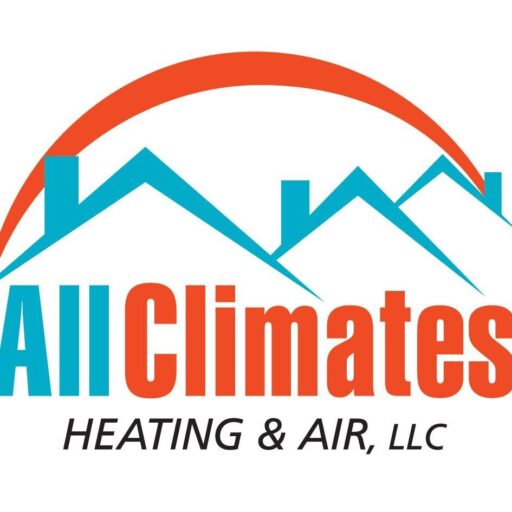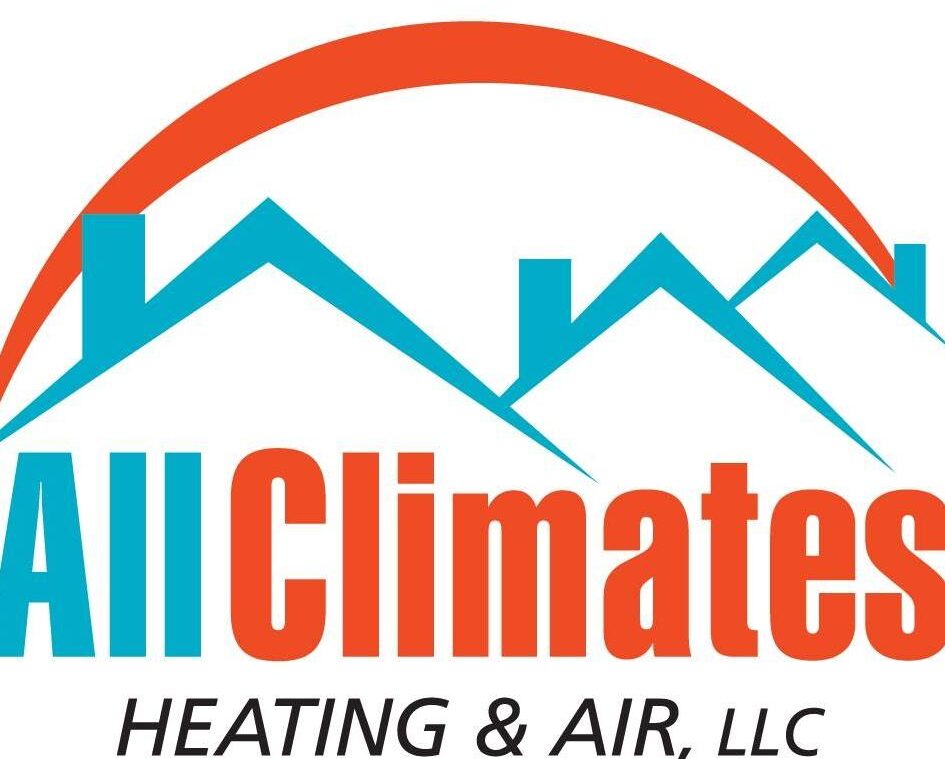As we move towards a more technologically advanced and environmentally conscious world, the HVAC industry is also evolving to meet the demands of the future. From smart thermostats to energy-efficient systems, there are several trends and innovations that are shaping the future of HVAC. In this blog post, we will explore some of the key developments to watch in the HVAC industry.
1. Smart Thermostats and Home Automation: One of the biggest trends in HVAC is the rise of smart thermostats and home automation systems. These devices allow homeowners to control their heating and cooling systems remotely through their smartphones or voice assistants. This not only enhances convenience but also helps in optimizing energy usage, leading to cost savings and reduced environmental impact.
2. Energy Efficiency and Sustainability: With a growing focus on sustainability and energy efficiency, HVAC systems are becoming more environmentally friendly. Innovations such as variable refrigerant flow (VRF) systems and geothermal heat pumps are gaining popularity for their energy-saving capabilities. Additionally, the use of eco-friendly refrigerants is becoming more widespread to reduce greenhouse gas emissions.
3. Indoor Air Quality Solutions: The importance of indoor air quality has been highlighted in recent years, especially in light of the COVID-19 pandemic. HVAC systems are now being equipped with advanced filtration systems and UV-C lights to improve air quality and reduce the spread of airborne pathogens. This trend is likely to continue as more emphasis is placed on creating healthy indoor environments.
4. Data Analytics and Predictive Maintenance: The advent of IoT technology has enabled HVAC systems to be monitored and controlled remotely, leading to the rise of predictive maintenance solutions. By leveraging data analytics and machine learning algorithms, HVAC systems can now predict potential issues before they occur, optimizing performance and reducing downtime.
5. Modular and Scalable Systems: As buildings become more complex and diverse in their HVAC needs, there is a growing demand for modular and scalable HVAC systems. These systems can be easily customized and expanded to accommodate changing requirements, providing flexibility and efficiency for building owners and operators.
In conclusion, the future of HVAC is bright with exciting trends and innovations on the horizon. By embracing smart technology, energy efficiency, sustainability, indoor air quality, data analytics, and modular systems, the HVAC industry is well-positioned to meet the evolving needs of buildings and occupants. As we continue to prioritize comfort, efficiency, and environmental responsibility, the HVAC sector will play a key role in shaping the future of smart and sustainable buildings.

